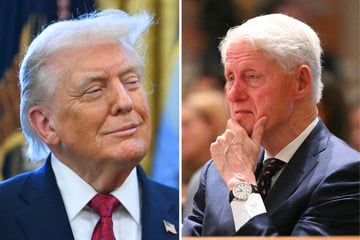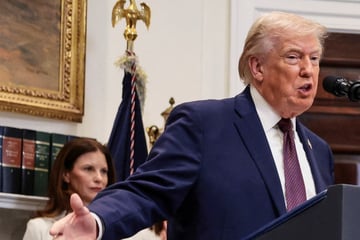"Palestine of the Caribbean": Bonaire's struggle for decolonization and reparations
Geneva, Switzerland - James Finies has fought for more than a decade to free his Caribbean island home of Bonaire from Dutch occupation – a quest that has taken him all the way to the United Nations in Switzerland.
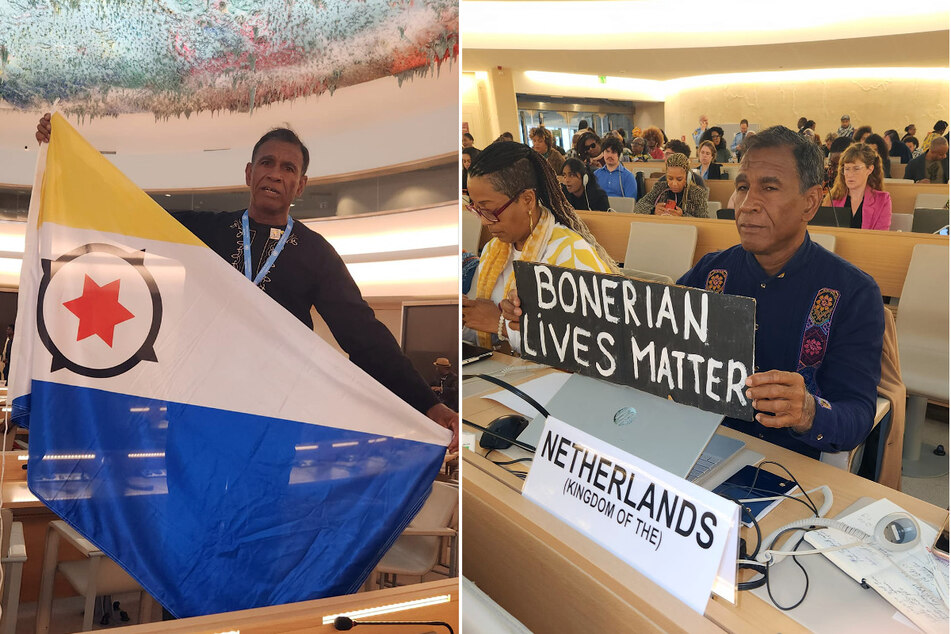
"We are a Dutch colony," Finies said on the sidelines of last week's session of the United Nations Permanent Forum on People of African Descent.
"We don't live in a postcolonial Caribbean. We don't live in a postcolonial world," he added.
Bonaire is located around 50 miles north of Venezuela. The island was part of the autonomous Netherlands Antilles until October 10, 2010, when it was named a special municipality of the European country – without equal rights.
After the annexation, elections continued, but local politicians no longer had the same authority to make decisions for their people.
The true power, according to Finies, lies in The Hague, with devastating consequences for the people of Bonaire.
"They call us the Palestine of the Caribbean. We are in an institutionalized, systematic genocide elimination," he said.
Bonaire's legacy of enslavement and colonialism
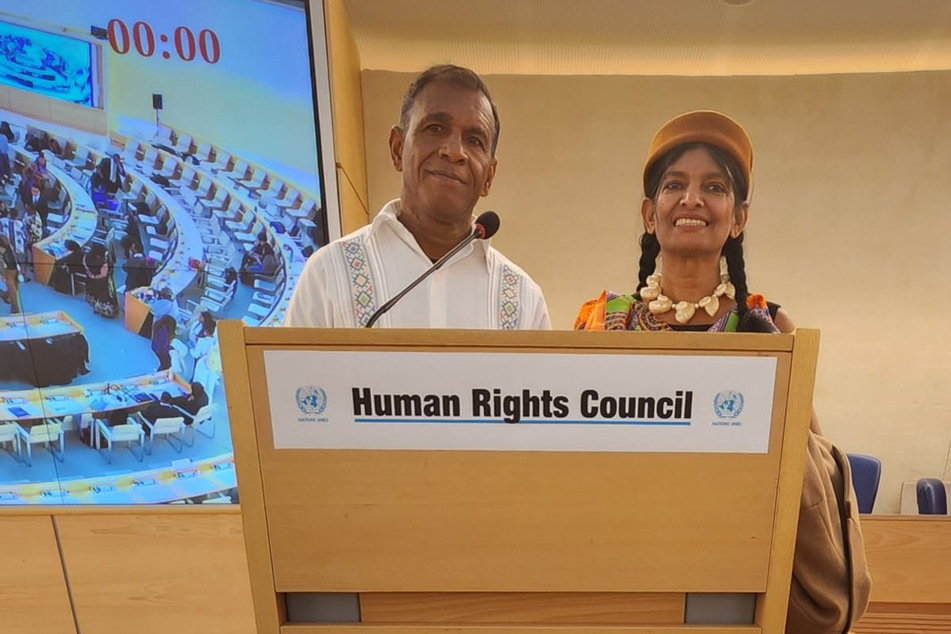
Over the last decade, Bonaire's Native and Afrodescendant population has seen its numbers dwindle as European migrants and foreign tourists flood the island's shores.
Land taxes have skyrocketed, Finies told TAG24 NEWS, driving people from their homes and shuttering local businesses. Meanwhile, income remains well below that of Dutch citizens in the Netherlands, with Bonerians barred from receiving many of the social benefits enjoyed in Europe.
"Development, that’s what they call it, because they come and build hotels, but all our businesses were destroyed," Finies lamented.
These realities trace a direct line to the era of European enslavement and colonialism.
The Dutch took over Bonaire in 1636 after Spanish colonization in 1527. It became a major plantation island with trafficked African peoples forced to work in salt, sugar, and cotton production – for the economic benefit of European oppressors.
Enslavement was outlawed in 1863, but it was not until 2022 that the Dutch government officially apologized for its atrocities.
So far, this apology has not come with a real commitment to ensuring the survival of the Bonerian people, who make up just 33% of the island's population – down from approximately 40% in 2017, Finies said.
Birth of a Bonaire resistance movement
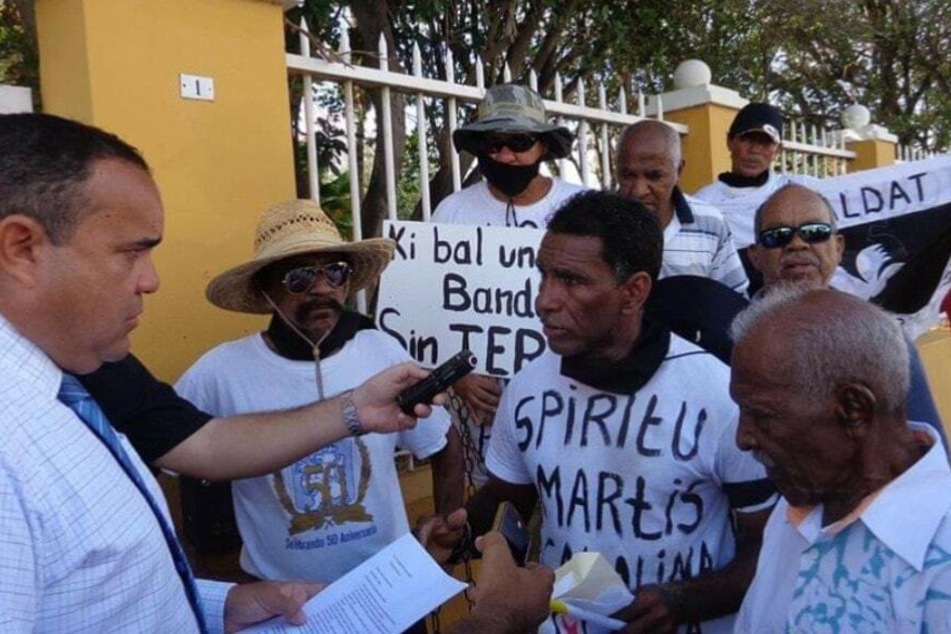
Finies has put everything on the line to free his island home from a return to colonialism, leaving his 23-year career as a commercial banker to organize for Bonerian liberation.
The path was not an easy one, as the former soccer and tennis player faced strong backlash for his efforts – including three unsuccessful assassination attempts.
"My life started changing because when I spoke up, I understood you can't even speak up," Finies said. "You will be singled out because, politically, you weren't supposed to speak about this."
Finies' relentless pursuit of justice earned him an audience with Dutch King Willem Alexander and Minister of the Interior and Kingdom Relations Ronald Plasterk in 2013. Shortly after, Plasterk provided written confirmation that the Dutch government would respect Bonerians' right to hold a self-determination referendum.
But the letter was not enough to secure a vote, so Finies launched a protest outside Bonaire's government building. He demonstrated 24 hours a day for 222 days straight demanding the people have their say.
Growing numbers of Bonerians joined the cause, and the business community and tourists began to take notice.
"The whole island started getting involved because somebody is standing up for them now – by himself," Finies recalled.
Bonaire finally held a popular referendum in 2015, in which 66% of participants voted that they did not agree with the island's current status under the Netherlands.
The Dutch government responded by amending its constitution in 2017 to embed Bonaire against the will of its people.
Bonaire's fight for decolonization and repair
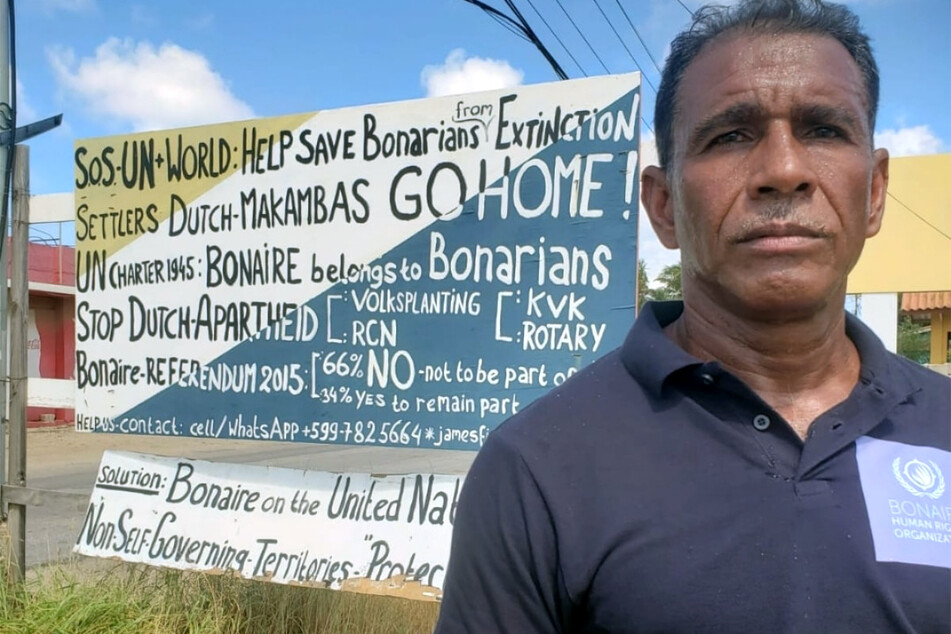
Today, the fight for Bonerian self-determination has gone international.
Finies and his allies are campaigning for recognition on the United Nations' list of Non-Self-Governing Territories, which are defined as "territories whose people have not yet attained a full measure of self-government."
"It is a protective list for islands like ours where there is a relationship with the big colonizers that are so powerful we cannot have this discussion with them ever," Finies explained.
In 2016, Finies delivered a historic speech before the United Nations Decolonization Committee in New York denouncing Dutch denial of Bonerians' lawful self-determination rights.
A 2020 report by the Dependency Studies Project found the Bonerian people's right to self-determination to be at the lowest level on a set of Self-Governance Indicators. The assessment concluded that Bonaire suffers "the cruel hoax of colonial reform perpetuating the inequality that the [decolonization] process was supposed to replace."
Adding Bonaire to the United Nations list requires member states to bring the case to the General Assembly. Doing so could go a long way toward raising public awareness for the Bonerian people's self-determination struggle.
On top of that, the Bonaire Human Rights Organization – with Finies as vice president – is an associate member of the Caribbean Community Reparations Commission, which is fighting for redress for nations still experiencing the negative impacts of European colonialism.
For Finies, the importance of building international support behind Bonaire's decolonization and reparations movement cannot be overstated.
"Only with international attention, international intervention, can we save the people who will disappear, just now, in this modern world, with everybody witnessing it."
Cover photo: Facebook/James Finies
